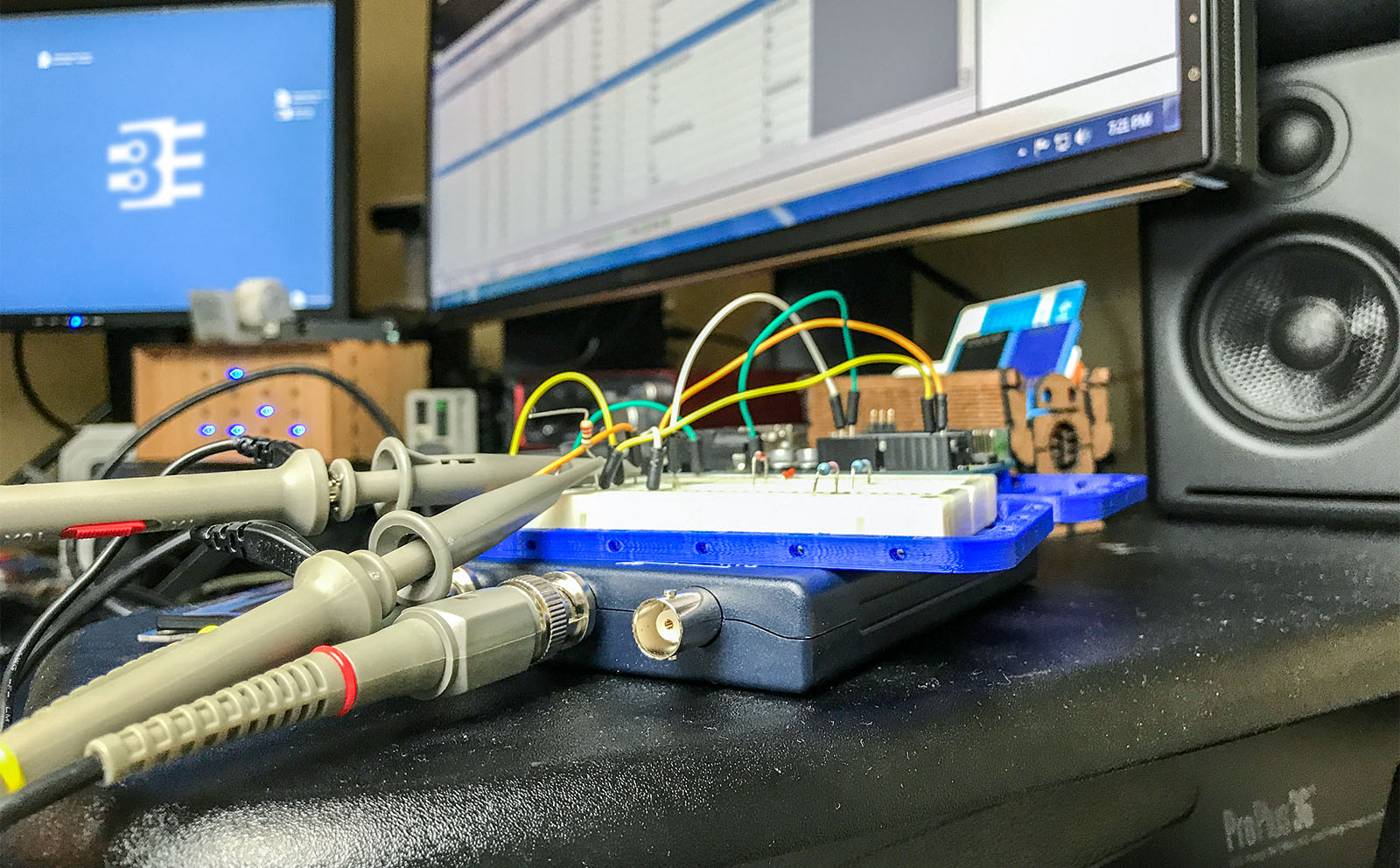In this video, I discuss considerations for SSD Capacitors, with a focus on enterprise applications. (No, not the ship kind, the business kind.) As more consumer devices use solid state technology, it gets easier for us to forget the importance of keeping data safe during storage. While solid state drives are more robust than their spinning counterpart, they are not perfect. Just like with spinning drives, there is a small delay from when a write occurs until the data is stored permanently. The highest performance solid state drives parallelize data in a way to minimize this propagation time. However, these drives also keep an active copy of the allocation table in RAM.
Just like the RAM in a PC, when power is lost, so are the contents. So it is critical for a solid state drive to have a reserve bank of energy to dump the RAM contents into permanent storage. Modern drives use huge banks of capacitors to write out any RAM buffers when the system’s rail voltage suddenly disappears.
Learn how to choose Enterprise SSD Capacitors in the EE Journal Chalk Talk.
This video was created in cooperation with KEMET Electronics, Mouser, and EE Journal.



